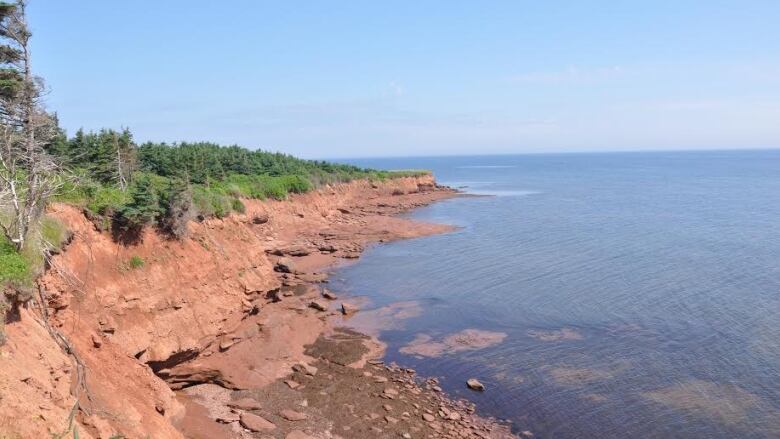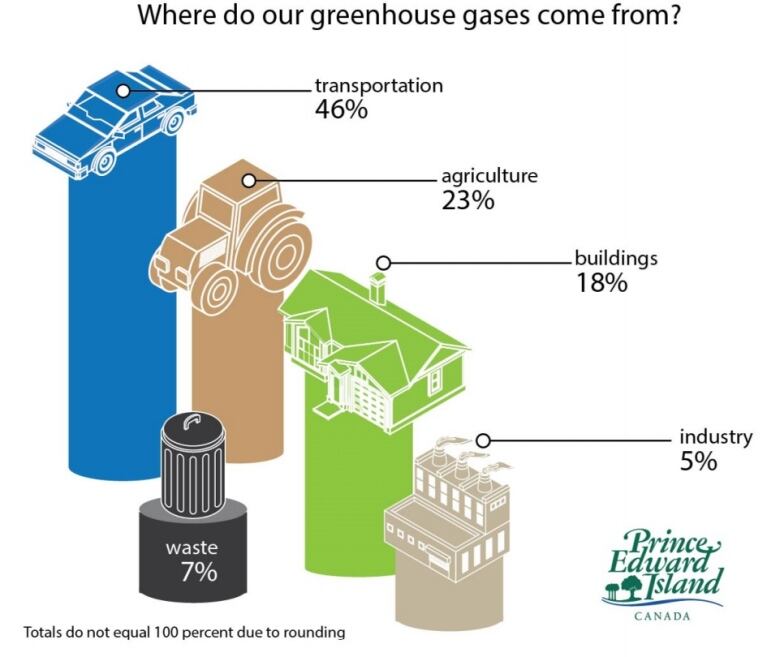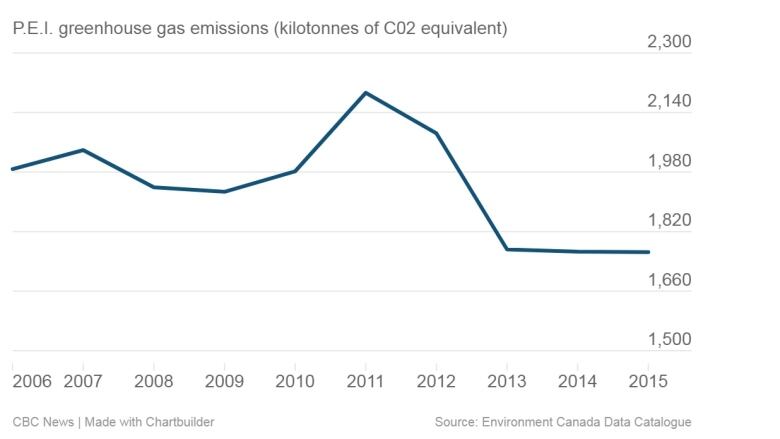P.E.I. in final stages of climate change action plan to address auditor's concerns
Province to release plan in spring after auditor general found details lacking

P.E.I. didn't fare well in a country-wide assessment of what it's doing to tackle climate change, but the province is close to releasing a new climate change strategy.
Canada's auditors generalreleased a report Tuesday that foundmost provinces didn't have clear plans to mitigate climate change and weren't meeting their targets. The Canada-wide report encompassed individual provincial and territorial reports done over the past year-and-a-half.
P.E.I.'s auditor general'sreport in early 2017 found P.E.I. did not have an updated climate change strategy, had set no greenhouse gas emission targets, had not done a comprehensive risk assessment and did not regularly inform the public about its efforts.

JaneMacAdammade eight recommendations for government, which have all been incorporated in the province's forthcoming climate change action plan, according to Todd Dupuis,executive director of the government's climate change secretariat.
His office, which was created in the fall of 2016, co-ordinates the provincial response to adapting to the effects of climate change and reducing greenhouse gas emissions. The secretariat resides in the Department of Communities, Land and Environment, andhas representatives in a few different government departments to come up with strategies and policies for the Island.
"Post-Paris Agreement, everyone went back to their provinces and territories and put their head down and start to chart a course forward with respect to how we're going to meet the obligations of Paris," Dupuis said. "It takes time to get plans in place, you can't do it overnight, I'm not surprised where we are ... we've certainly made good progress here on P.E.I."

The secretariat has a draft of a climate change action plan that details how the province will reduce its risk to a changing environment and how to cut greenhouse gas emissions. That plan is expected to be made public this spring after the Executive Council approves it.
"We were supportive of all the recommendations, including the fact that she mentioned that there should be a greenhouse gas reduction target adopted for the province, we heard the same thing from the public when we went out for public consultations," he said.
Also addressing the auditor general's concerns, there will be annual reports about climate change and risk assessments done on the Island. Greenhouse gas emissions are monitored annually by the federal government for all the provinces and territories, Dupuissaid.

DunskyEnergy Consultants and the UPEI Climate Change Labwere hired to make recommendations for the new strategy. Dunsky, which also did the province's energy strategy, put together over 30 recommendations on reducing greenhouse gas emissions. The UPEIlab made 97 recommendations in the fall about how to adapt to climate change on P.E.I., which included public consultations.
The major implications for P.E.I. when it comes to climate change are coastal erosion, sea-level rising and changing weather events, leading to things such asmore infrequent, but intense rainfall, Dupuis said.
"The sea level has been rising and it's going to continue to rise ... so that has implications for low-lying areas near the coastline and it has implications with respect to the erosion of the banks," he said. "The fact that we have winters now where there's very little ice in the Strait ... when we get nor'easters, when you have ice in the Strait, it tends to mitigate the wave action on the shore but when you don't have ice, those nor'easters can play havoc on coastal erosion.
"We're seeing the shoreline erodingfaster than it was 10 or 15 or 20 years ago and we should expect that it will erode faster going forward."












_(720p).jpg)


 OFFICIAL HD MUSIC VIDEO.jpg)
.jpg)



























































































